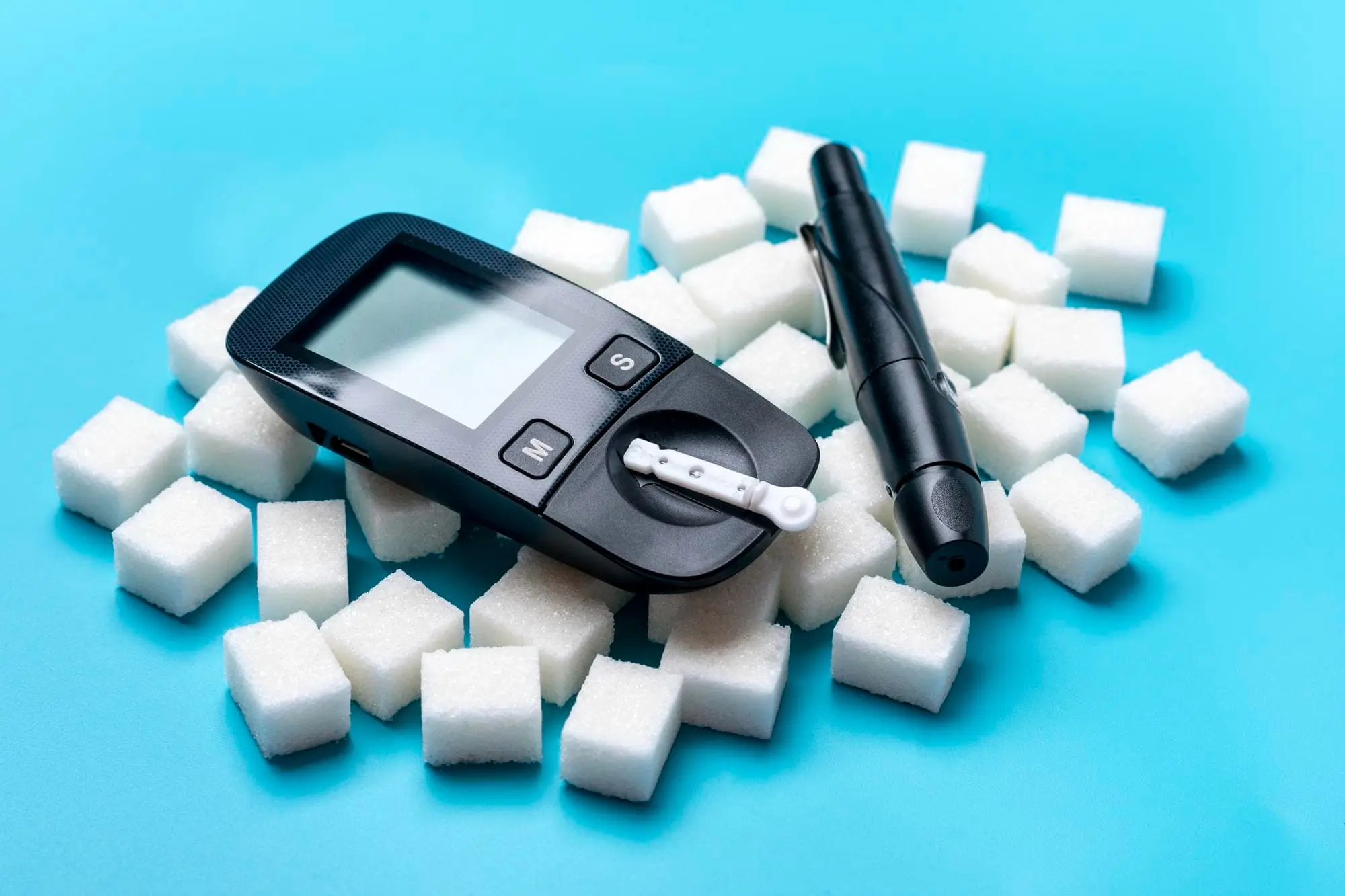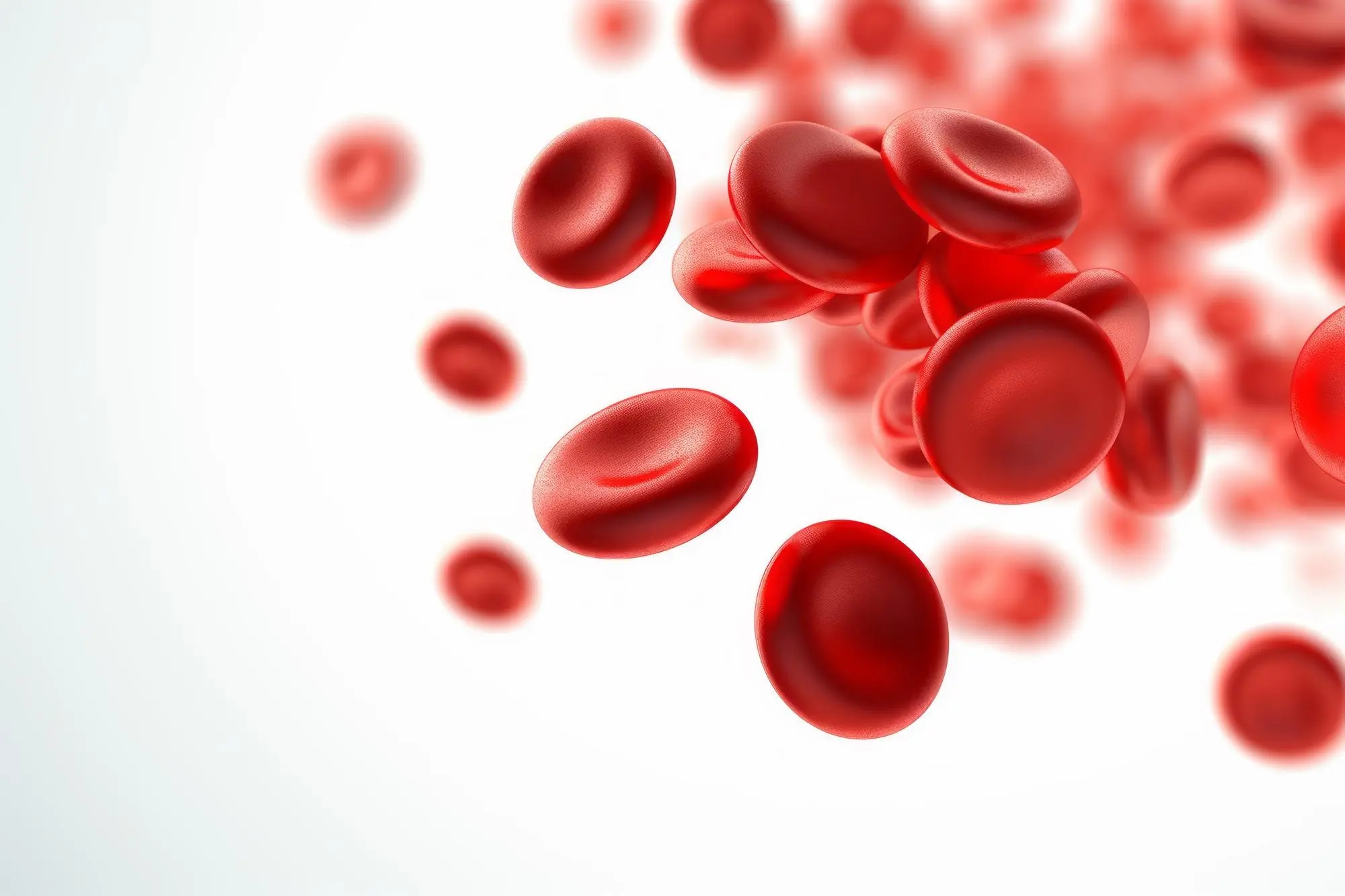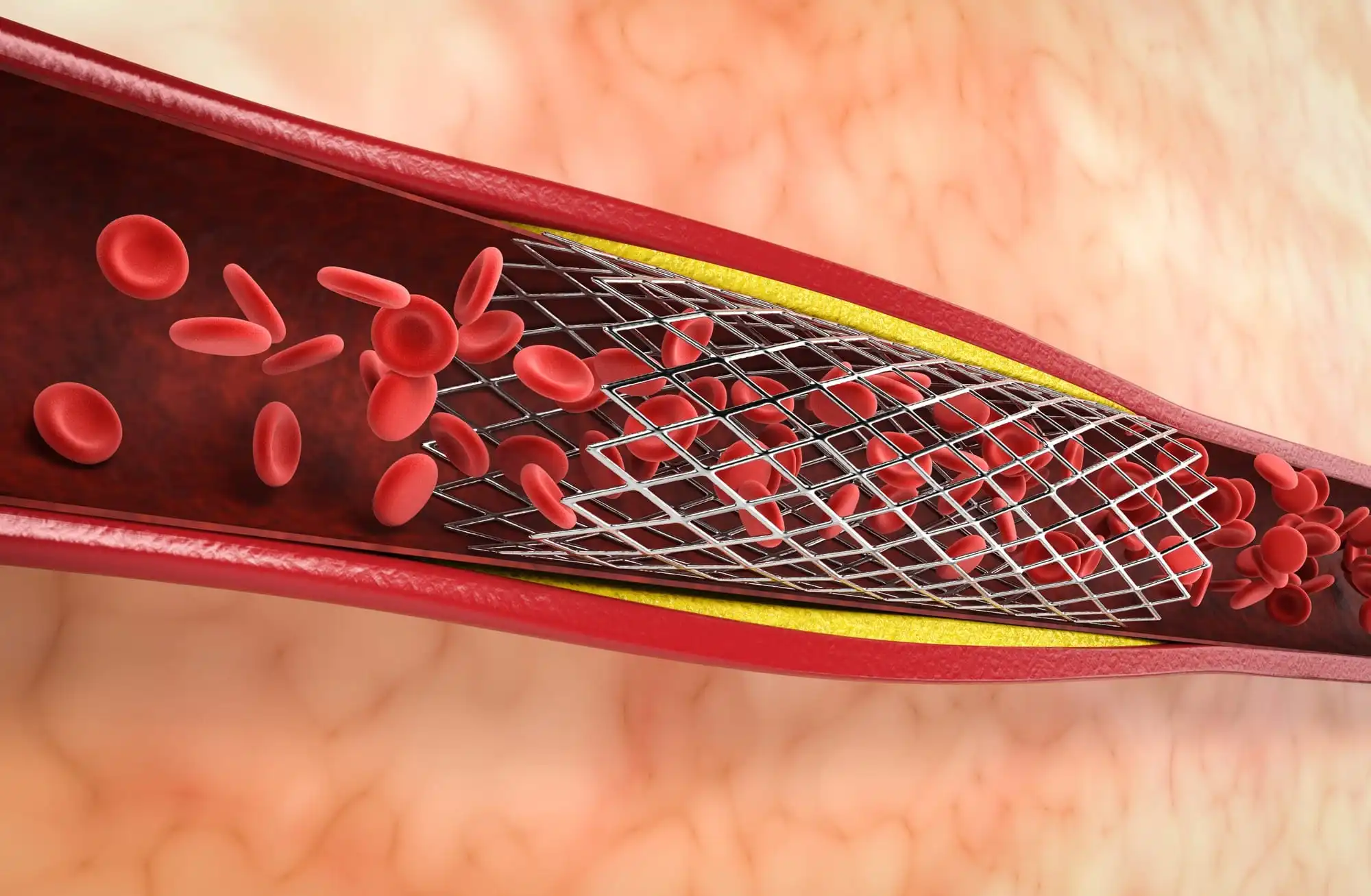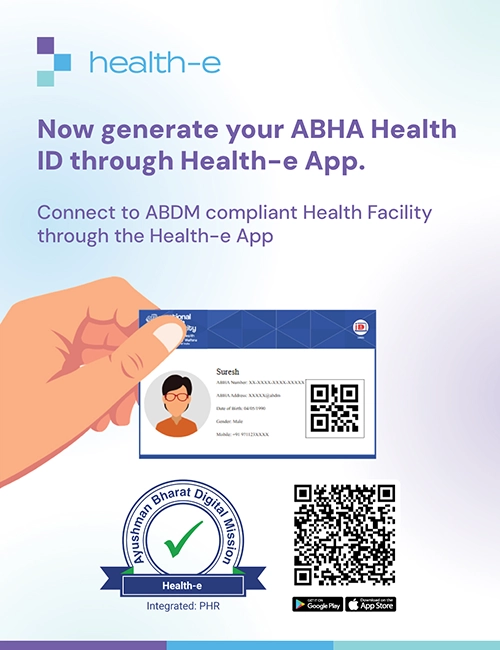For people managing diabetes, paying close attention to their diet is crucial. The constant worry about sugar often tempts individuals towards sugar-free products. Although these items are promoted as “diabetes-friendly,” are sugar-free actually good for diabetics? Do these sugar-free alternatives genuinely help in controlling blood sugar levels?
Let’s dig into this sweet subject and examine the effects of sugar-free choices on diabetes.
Understanding the Different Types of Sugar Substitutes
Artificial sweeteners have gained popularity among people managing diabetes. They infuse sweetness into foods without triggering the blood sugar spikes associated with added sugars, and many come with zero calories.
These sweeteners are commonly found in:
- Diet drinks
- Sugar-free or low-sugar treats like baked products, frozen desserts, candies, juices, and sports drinks
- Light yogurt
- Chewing gum
You’ll also spot them in standalone packages of various colours, perfect for adding to your coffee or tea. Some are designed specifically for cooking and baking. Among the plethora of sugar substitutes available, a few stand out:
Stevia: A natural sweetener derived from the leaves of the Stevia rebaudiana plant. It’s calorie-free and boasts a zero glycemic index.
Sugar alcohols: Sugar alcohols are naturally occurring low-calorie sweeteners found in specific fruits and vegetables. Examples include xylitol, erythritol, and sorbitol.
Monk fruit sweetener: Extracted from monk fruit, this calorie-free sweetener rocks a zero glycemic index.
Allulose: A low-calorie sweetener found naturally in some fruits like figs and raisins, with a glycemic index of zero.
Dates: A natural sugar source, suitable for baking and cooking as a refined sugar substitute.
Honey: A natural sweetener with a lower glycemic index than table sugar.
Benefits of Using Sugar Alternatives
Including sugar-free items in a diabetic diet can offer several advantages. Here’s a breakdown:
1. Weight Management
Sugar-free products are often lighter in calories compared to their sugary counterparts. This characteristic can significantly aid in weight management. Artificial sweeteners, being calorie-free, offer a practical solution to reducing overall calorie intake and maintaining a healthy weight.
2. Blood Sugar Control
Consumption of sugar-free products plays a key role in regulating blood sugar levels, preventing undesirable spikes in glucose. Since artificial sweeteners don’t impact blood sugar levels, they become a valuable ally in meeting carbohydrate goals during meal planning.
3. Reduced Heart Disease Risk
Diets rich in sugar may elevate the risk of heart disease. By incorporating sugar-free alternatives, you can mitigate sugar intake and subsequently lower the risk of heart-related issues.
4. Dental Health Boost
Opting for sugar-free products is a smart move for dental health. These alternatives are less likely to contribute to tooth decay and cavities compared to their sugary counterparts.
5. Dietary Diversity
Adding sugar-free products to your diet introduces a broader spectrum of flavors and food options without compromising on taste. It’s a practical way to diversify your meals and enhance your culinary experiences.
It’s crucial to be aware that not all sugar-free products are the same, and some may contain artificial sweeteners with potential health risks if consumed excessively. Reading labels attentively and choosing products low in calories and free from harmful additives is a prudent practice for maintaining a healthy diet.
Are Sugar-Free Products Safe for Diabetics?
Whether sugar-free products are safe for diabetics is a complex question with no simple answer. It depends on several factors, including the type of diabetes, the individual’s overall health, and the specific sugar-free product in question.
Sugar substitutes usually don’t mess with your blood sugar. Many artificial sweeteners are considered “free foods.” These have less than 20 calories and 5 grams or less of carbs. They don’t count as calories or carbs for diabetes tracking. But watch out because other things in foods with artificial sweeteners can still impact your blood sugar. Also, be careful with sugar alcohols like mannitol, sorbitol, and xylitol since they can shoot up your blood sugar levels. And for some people, these sugar alcohols might also lead to tummy troubles like diarrhea.
Some studies also suggest that swapping sugary stuff with artificially sweetened ones might not be as great as we thought, especially if you have a lot. But more research is needed there.
Overall, sugar-free products can be a safe and healthy option for some diabetics, but it is important to choose them carefully and to talk to your doctor before making any major changes to your diet.
Potential Risks and Side Effects
Using artificial sweeteners seems like a smart move for those keeping tabs on sugar due to diabetes. But, there’s a flip side worth knowing:
- Type 2 Diabetes Risk: Research from the Diabetes Care journal suggests a correlation between heavy artificial sweetener use and an increased risk of developing type 2 diabetes. The study hints at these sweeteners possibly fostering an environment conducive to diabetes.
- Gut Health Setback: Artificial sweeteners might throw off your gut bacteria balance, leading to unpleasant digestive issues such as bloating, gas, and diarrhea.
- Metabolic Syndrome Risk: Ever heard of metabolic syndrome? It’s a mix of health problems that tag along with a higher risk of heart disease, stroke, and type 2 diabetes. Guess what? There’s a study linking artificial sweeteners to a bigger chance of getting this syndrome.
- Tricky Appetite Game: You might think artificial sweeteners help you cut down on calories, but some studies say the opposite. They could mess with your hunger, making you reach for more high-calorie treats. So, your plan to cut calories might backfire.
But hey, not all artificial sweeteners are the same. Some might be less trouble than others, and the effects can be different for everyone. If you’re thinking of adding them to your diet, it’s probably smart to have a chat with a health professional first.
The Importance of Monitoring Blood Sugar Levels
Checking your blood sugar regularly is a must for people using artificial sweeteners to handle diabetes. This routine monitoring ensures your diabetes stays under control and keeps you in good overall health. Tests like Postprandial Blood Sugar (PPBS), Fasting Blood Sugar (FBS), and others play a big role in this. Here’s why keeping tabs on your blood sugar is a smart move:
A. Fine-Tuning Medication: Monitoring helps your healthcare team adjust your meds, insulin, or treatments, so you hit and maintain your target blood sugar levels.
B. Dodging Low Blood Sugar: Artificial sweeteners can sometimes make your blood sugar unexpectedly drop. Regular monitoring helps spot these moments early, so you can prevent low blood sugar.
C. Smart Eating: Keeping an eye on your levels helps you see how artificial sweeteners and other foods affect your blood sugar. This info lets you make smart food choices that align with your diabetes goals.
D. Long-Term Wellness: Keeping your blood sugar in check over time lowers the risk of diabetes-related issues like heart disease, kidney trouble, and nerve damage.





